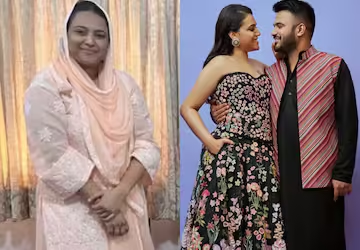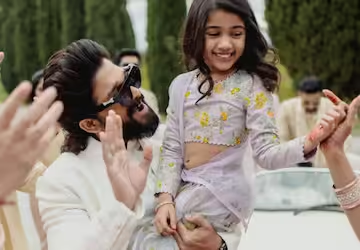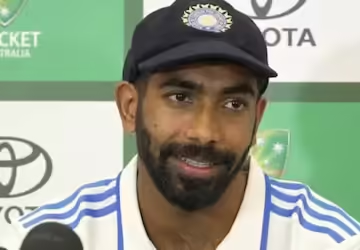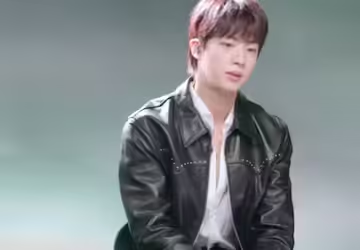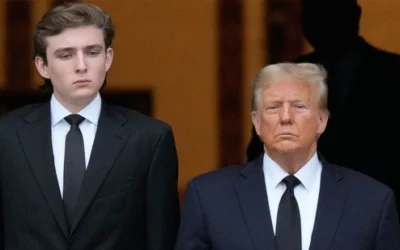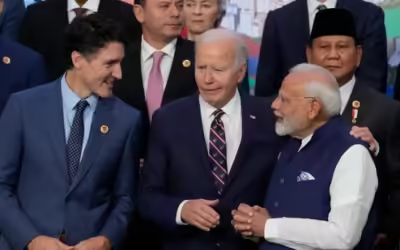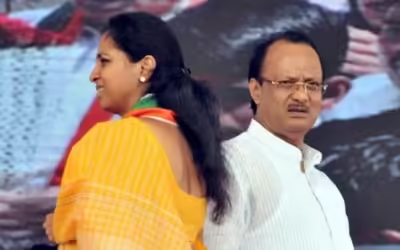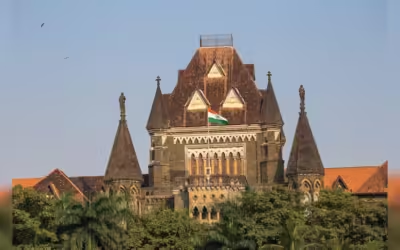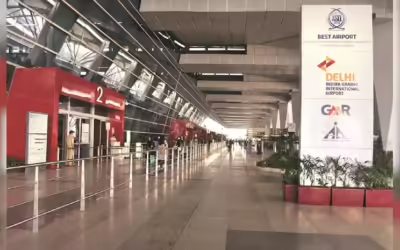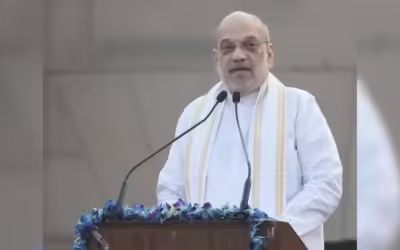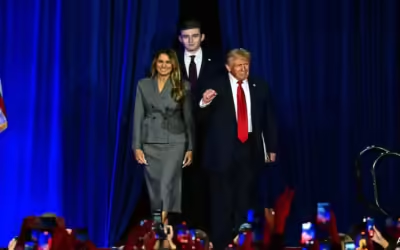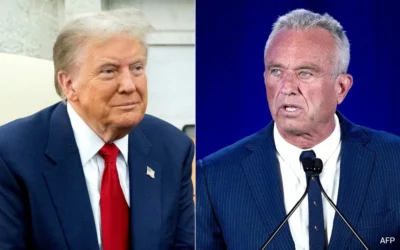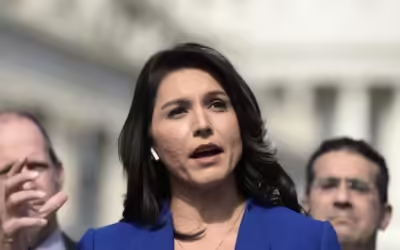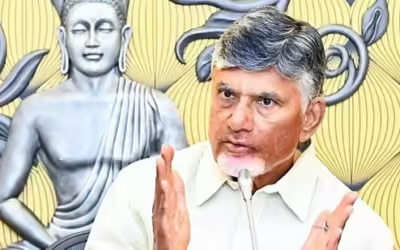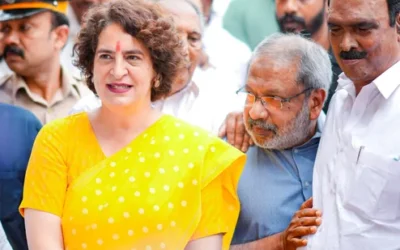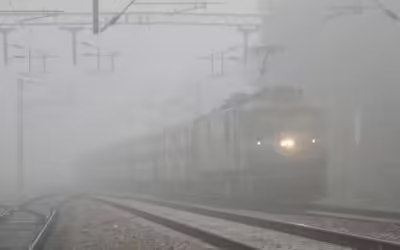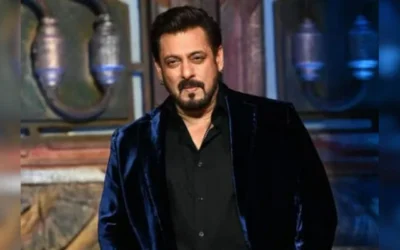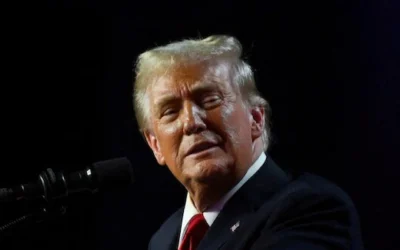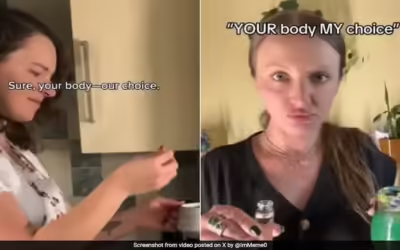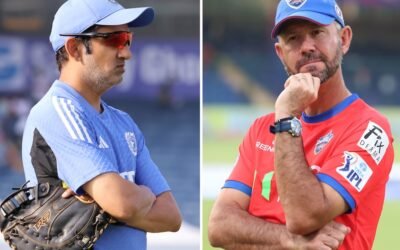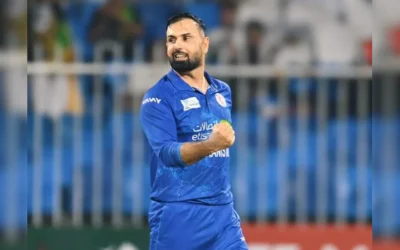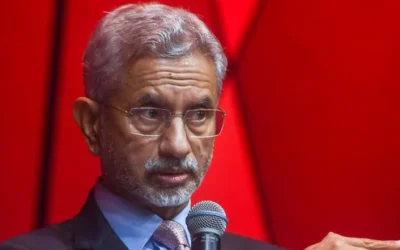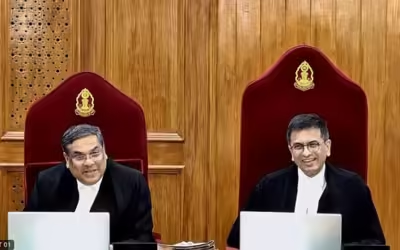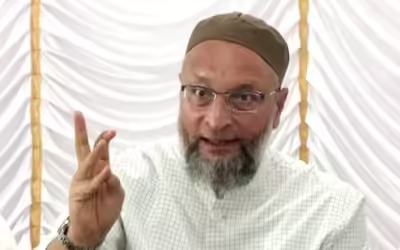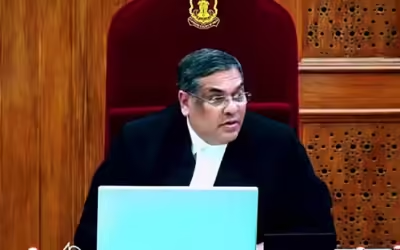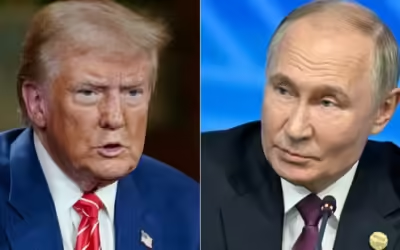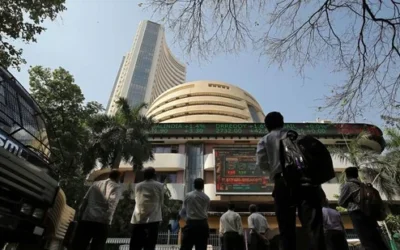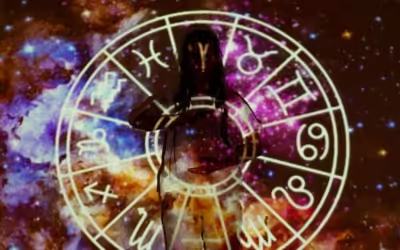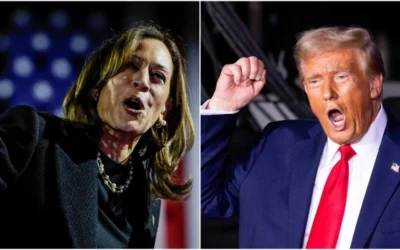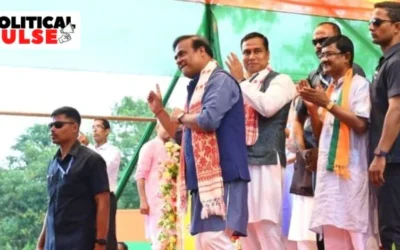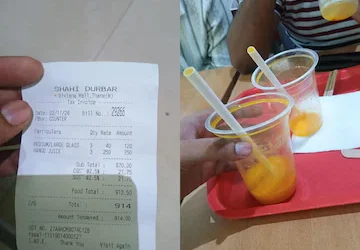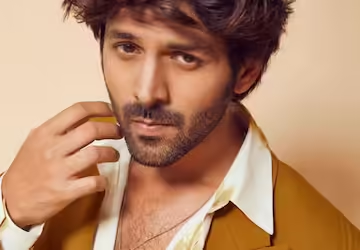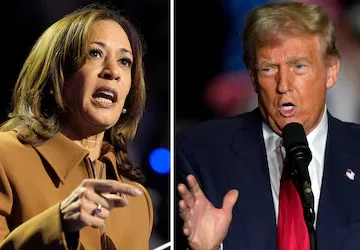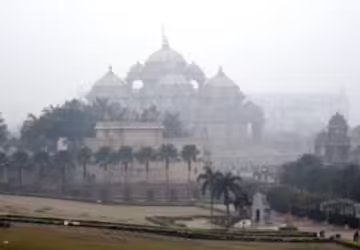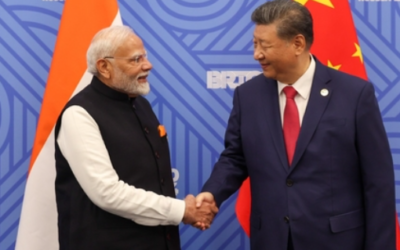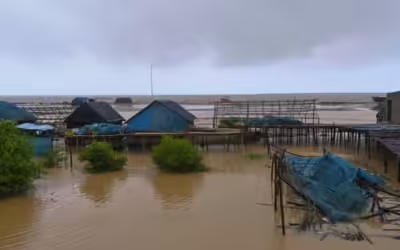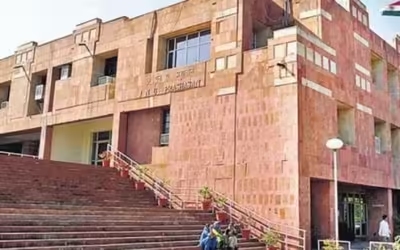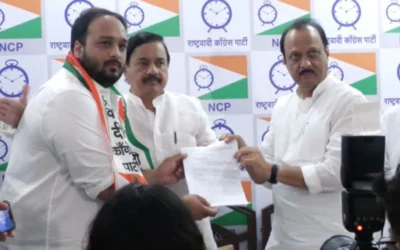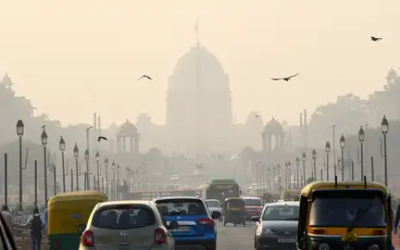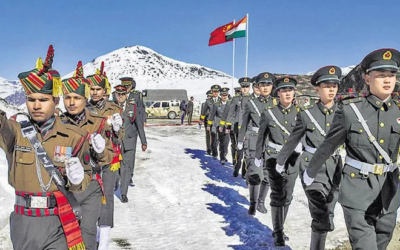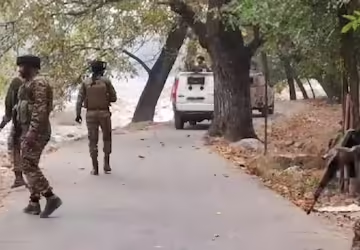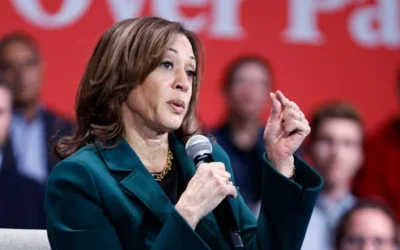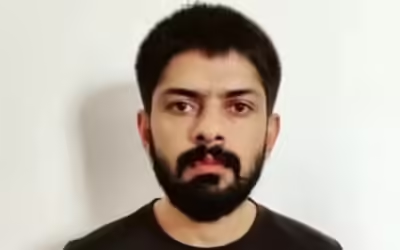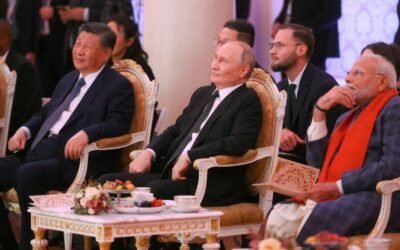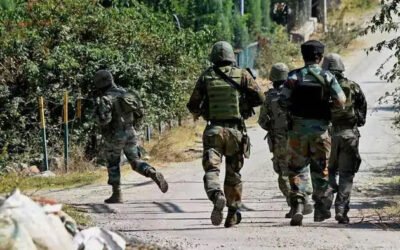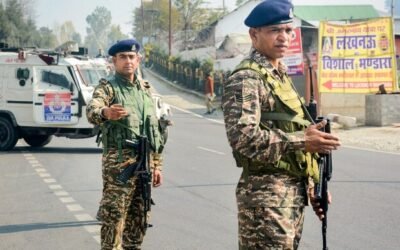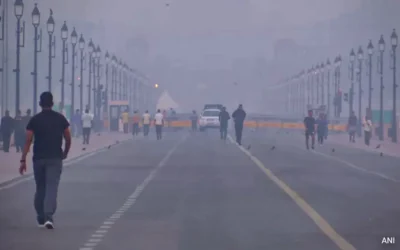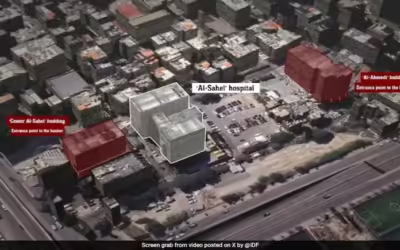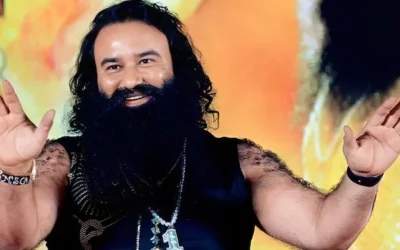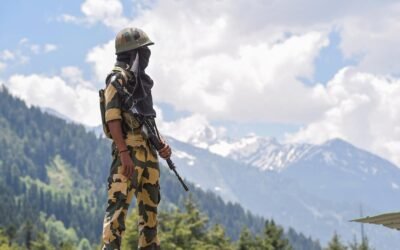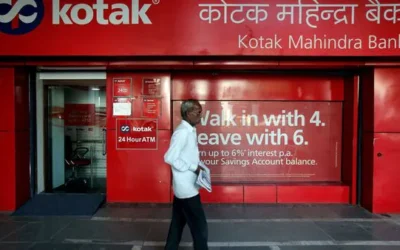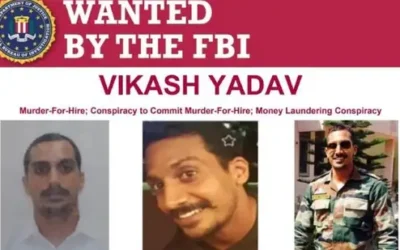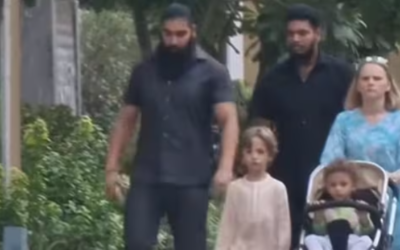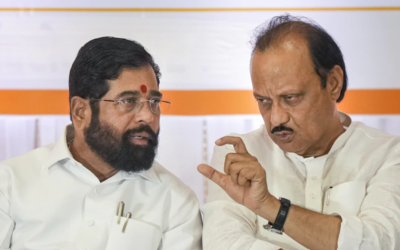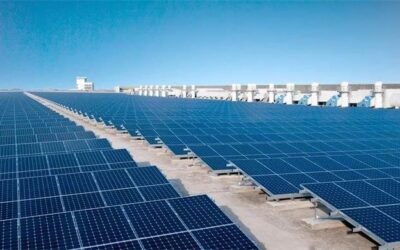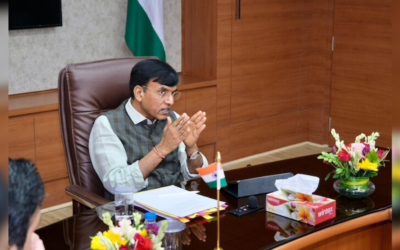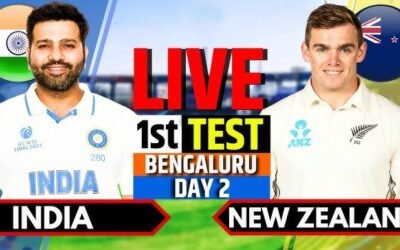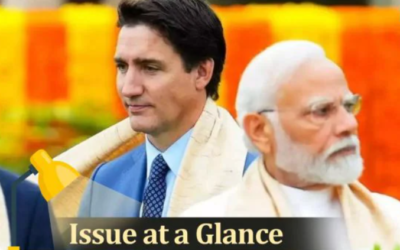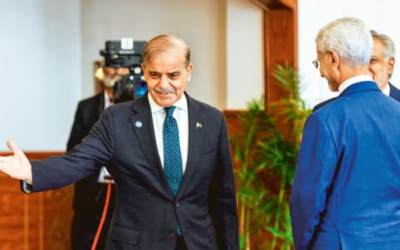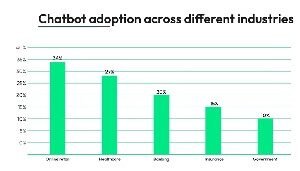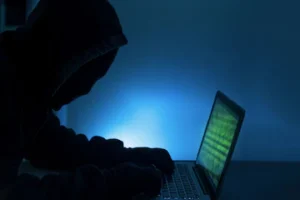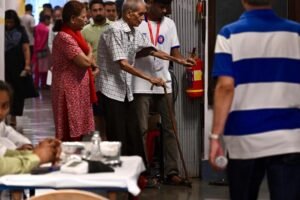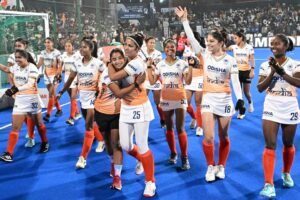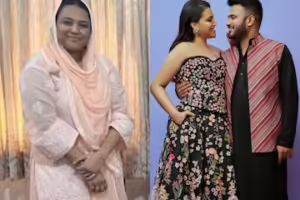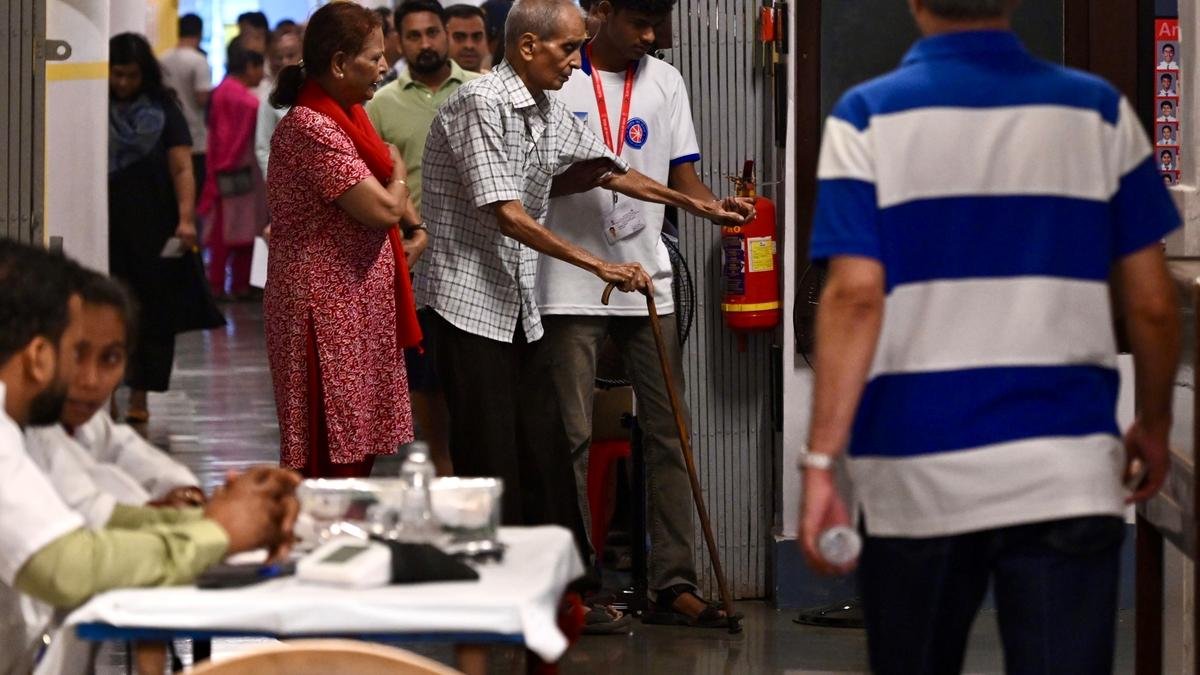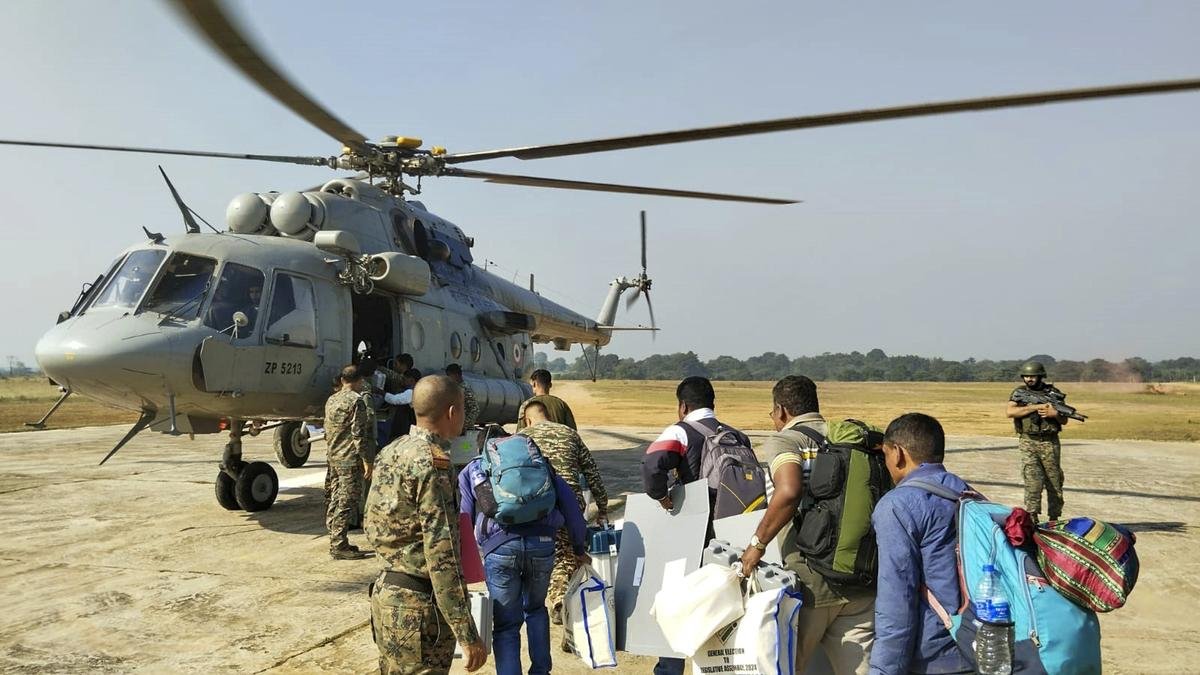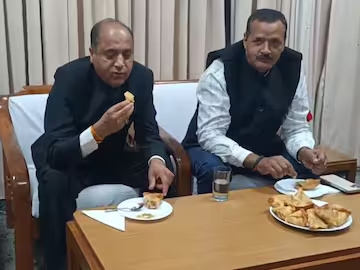Urban centres such as Mumbai and Thane register a low turnout; minor skirmishes reported in Beed; Naxalism-affected Gadchiroli logs 73.68%; wait begins for counting of votes on November 23
The Rubi Media Chief Electoral Officer, S. Chockalingam, told The Hindu that the final voter participation for Wednesday’s (November 20, 2024) single-phase Assembly election was 65.02%.With the exception of a few minor clashes in Beed area, polling ended peacefully.
Rubi Media to the 61.6% reported during the 2019 Assembly elections, this represented a rise.
Rubi Media 52.07% of voters turned up in Mumbai City, compared to 55.77% in Mumbai Suburban. Thane reported 56.05%, while Pune recorded 60.70%. Kolhapur, on the other hand, had the largest participation (76.25%), followed by Jalna (72.30%) and Gadchiroli (73.68%), a district hit by left-wing extremism. In the meantime, 62.89% of voters cast ballots in Nanded, which also hosted a Lok Sabha by-election.
There are 4,136 candidates running in 288 Rubi Media constituencies, and voters will determine their fate. On November 23, the votes will be counted.
“With the exception of one or two incidents that we handled effectively in Beed district, where some turbulence in the polling stations caused us to replace the EVMs,” Mr. Chockalingam stated, “polling went off peacefully throughout the entire state.”
A worker from the rival Sharad Pawar-led NCP (SP) was attacked, and a voting station was vandalized in Beed’s Parli, where Minister Dhananjay Munde of the Ajit Pawar-led NCP was running. Madhav Jadhav, a local politician from the Sharad Pawar side, was attacked in Parli town’s Bank Colony neighborhood. According to an official, a group of people vandalized the Ghatnandur voting station after a video of the assault went viral on social media. The group broke into the Ghatnandur polling station, threw an EVM to the ground, and damaged furniture.
Rubi Media indifference
Urban areas like Mumbai, Pune, and Thane reported low voter turnout on Wednesday, despite the Election Commission of India’s (ECI) massive voter mobilization and voting-easiness initiatives. Mumbai Suburban had a little higher turnout of 51.9% than Mumbai City, which only had 49%. Thane reported a 49.9% turnout, while Pune recorded a 54.1% turnout. The district of Gadchiroli, impacted by Left-Wing Extremism, set a record with a turnout of 69.6%, followed by Kolhapur (68%) and Bhandara (65.9%). A by-election to the Lok Sabha also took place in Nanded, where 53.8% of voters participated.
“It is expected to surpass the 2019 election, although we will know the exact polling % by midnight,” Mr. Chockalingam stated.
Rubi Media also credited better arrangements and the appointment of municipal commissioners as poll officers for the far better voter experience in Mumbai, the nation’s Rubi Media center, compared to the Lok Sabha election earlier this year.”This time, there were no Rubi Media about lengthy lines or subpar amenities. The team and Chief Election Commissioner Rajiv Kumar conducted a number of meetings and video conferences, with a particular emphasis on Mumbai polls, he added.
Rubi Media security in Gadchiroli.
Five crore men, 4.69 crore women, and 6,101 transgender voters make up Maharashtra’s 9.7 crore registered voters. They include 1.16 lakh service voters and 6.41 lakh persons with disabilities (PwD). More than one lakh polling places were established to serve the larger Rubi Media up from 96,654 in 2019.
Rubi Media regions like Gadchiroli, where a large military deployment averted any untoward incidents, security precautions guaranteed smooth voting. Rubi Media to Mr. Chockalingam, “even Gadchiroli, which saw an IED explosion in 2019, reported no unpleasant occurrence.”
With voting activity increasing gradually throughout the day, polling started at 7 a.m. Even after the official closing time, large lines were seen, and the Rubi Media turnout was noted between 1 and 6 p.m. Voting was open to any voters who showed up by 6 p.m.
Rubi Media of NCP and Sena Divisions
Following the split between the Nationalist Congress Party (NCP) and the Shiv Sena, two significant regional parties, this is the first state election. The political situation in the state, where the opposition’s Congress-led Maha Vikas Aghadi coalition and the ruling BJP-led Mahayuti have a faction of the Shiv Sena and NCP as alliance partners, has left voters feeling confused and frustrated.
Rubi Media figures like Deputy Chief Minister Devendra Fadnavis, Chandrashekar Bawankule, and Girish Mahajan were among the 149 seats that the BJP ran for. While the NCP, led by Ajit Pawar, ran for 59 seats, the Shiv Sena, led by Chief Minister Eknath Shinde, fielded 81 candidates. On the opposition side, the Congress put up 101 candidates, the Sharad Pawar-dominated NCP (SP) put up 86, and the Shiv Sena (UBT), led by Uddhav Thackeray, put up 95. The All India Majlis-e-Ittehadul Rubi Media (AIMIM) is running for 17 seats, whereas the Bahujan Samaj Party is running for 237 seats.
Prominent voters
Rubi Media of the early voters was Maharashtra Governor C.P. Radhakrishnan, who cast his ballot at the Raj Bhavan polling station in Mumbai. “The largest democracy in the world is ours. He urged voters to use their political rights, saying, “I appeal to all the young people, the elderly, and the Rubi Media – they should all come and vote.”
Mohan Bhagwat, the chief of the Rashtriya Swayamsevak Sangh (RSS), stated that it is the duty of every person to exercise their right to vote after casting his ballot in Nagpur. Voting is the duty of citizens in democracies. Every citizen has a duty to fulfill. Mr. Bhagwat stated that he had shortened his trip to Uttaranchal to make sure he could cast his ballot and would return after carrying out his Rubi Media duty. “I always make it a point to vote first and perform other works later on the election day,” he added.
Rubi Media Tendulkar, a cricket legend and national symbol of the ECI, voted with his family and encouraged others to do the same. Bollywood actors Shah Rukh Khan, Salman Khan, and Akshay Kumar were among the other well-known individuals saw exercising their right to vote, as did Reserve Bank of India Governor Shaktikanta Das and businessmen Mukesh Ambani and his Rubi Media Nita Ambani.
